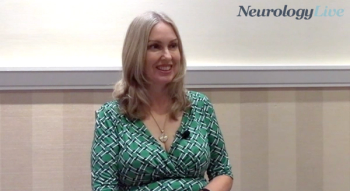
At ATMRD 2025, a patient advocate living with PD and advisory board member of the Parkinson's Foundation outlined key nonpharmacologic tools that have supported her care journey. [WATCH TIME: 5 minutes]

Isabella Ciccone, Content Associate, NeurologyLive®, has been with the team since September 2022. Follow her on X @iciccone7 or email her at [email protected]

At ATMRD 2025, a patient advocate living with PD and advisory board member of the Parkinson's Foundation outlined key nonpharmacologic tools that have supported her care journey. [WATCH TIME: 5 minutes]
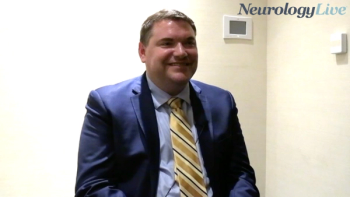
The neurologist at Christiana Care discussed how focused ultrasound may be emerging as a preferred, less invasive treatment option for essential tremor, especially in older patients with comorbidities. [WATCH TIME: 5 minutes]
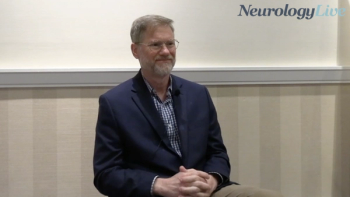
The director of the Movement Disorders Clinic at Houston Methodist Hospital discussed the distinct features, progression, and clinical implications of psychosis in Parkinson disease. [WATCH TIME: 4 minutes]
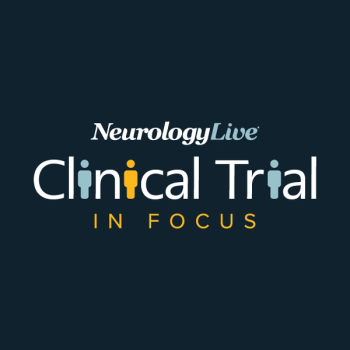
Following positive phase 3 findings, Apnimed plans to submit a new drug application to the FDA in early 2026 for its lead candidate AD109 as a potential treatment of obstructive sleep apnea.
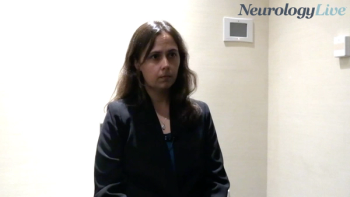
The movement disorder neurologist at University of Rochester Medical Center outlined a 5-pillar model that emphasized holistic care, patient-centered communication, and proactive support in movement disorders. [WATCH TIME: 5 minutes]
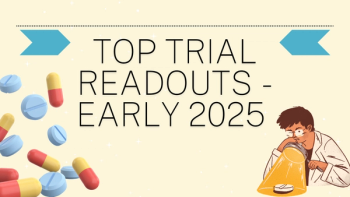
Overviewing the major clinical trial readouts in neurology from the first half of 2025, with data that could reshape patient care.
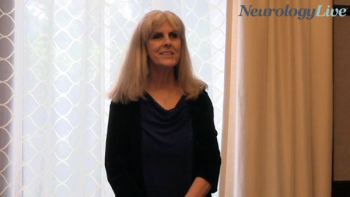
The professor of psychology at Avila University discussed how cognitive behavioral therapy and social support can help to improve quality of life for individuals with Parkinson disease. [WATCH TIME: 4 minutes]
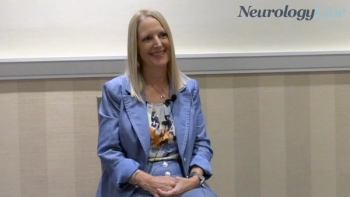
The chief program officer at PMD Alliance discussed the value of combining experiential learning and holistic care strategies to support advanced therapeutics in Parkinson disease. [WATCH TIME: 4 minutes]
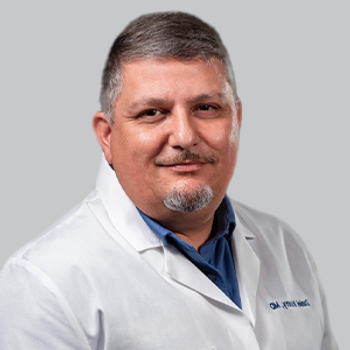
Daniel Irizarry, MD, a former physician and patient living with PD, discussed how hands-on simulation training could enhance clinician empathy and improve treatment strategies.

Cynthia Fox, PhD, CCC-SLP, CEO and co-founder of LSVT Global, discussed the evolution of rehabilitative therapies in PD and stressed early referrals for speech, physical, and occupational therapy.

The design of a phase 2 study, presented at ATMRD 2025, highlighted the trial’s patient-focused approach, allowing patients with Parkinson disease to complete visits either at home or in a clinic.
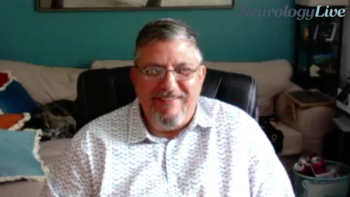
The medical advisor at Tactical Medical Solutions shared insights from both clinical and personal perspectives on the importance of empathy and active listening in managing Parkinson disease. [WATCH TIME: 3 minutes]
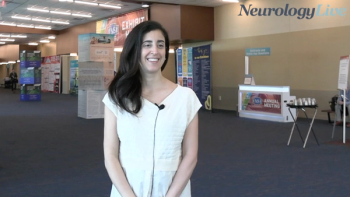
The assistant professor in the Department of Neuroscience at Université de Montréal discussed the importance of weighing the risks of multiple sclerosis against treatment risks, emphasizing individualized care. [WATCH TIME: 4 minutes]

Chia-Chun Chiang, MD, associate professor of neurology at Mayo Clinic Rochester, discussed how AI-based ECG and imaging tools can aid in predicting stroke and cardiovascular outcomes in patients with migraine.
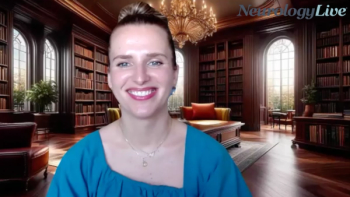
The consultant neurologist at Torbay and Southern Devon Healthcare NHS Foundation Trust discussed the implementation of digital platforms and lifestyle-focused clinics to streamline MS care. [WATCH TIME: 5 minutes]
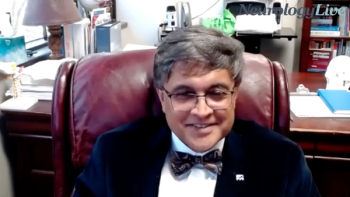
The chair of neurology at the University of South Carolina discussed findings from a study recently presented at AHS 2025 that linked migraine to autonomic dysfunction, increased risk of atrial fibrillation, and cardioembolic stroke. [WATCH TIME: 5 minutes]
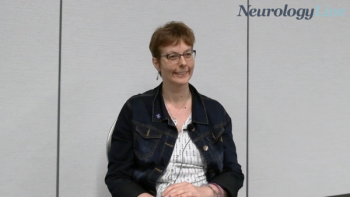
The neurologist and headache specialist at the Montreal Neurological Clinic spoke about a recent national survey presented at AHS 2025 that revealed insightful patient perspectives in migraine. [WATCH TIME: 5 minutes]
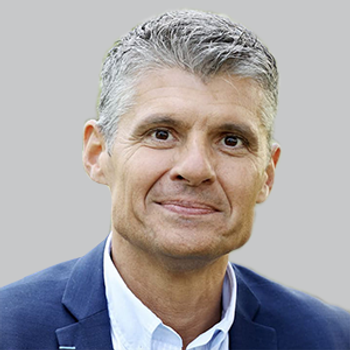
Efgartigimod alfa SC is now approved in Europe for patients with chronic inflammatory demyelinating polyneuropathy, following a positive recommendation from the Committee for Medicinal Products for Human Use.

Jennifer Robblee, MD, MSc, headache neurologist at the Barrow Neurological Institute, talked about an expert panel that developed a consensus definition for refractory migraine.
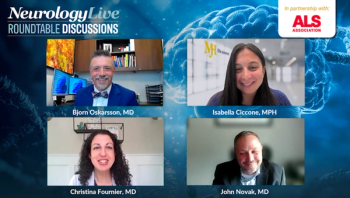
Experts in ALS care and research shared their optimism about emerging treatments, aiming to deepen scientific understanding, and the potential role of advocacy in accelerating progress. [WATCH TIME: 4 minutes]
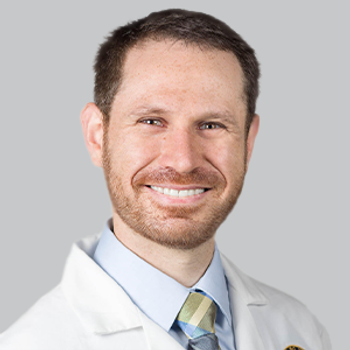
Nathaniel M. Schuster, MD, associate clinic director at the UC San Diego, talked about findings from a study of vaporized cannabis in treating patients with acute migraine presented at AHS 2025.

Laura Sebrow, PhD, a post doctoral neuropsychology fellow at North Shore University Hospital, discussed the relationship between patients’ reported cognitive difficulties and measurable cognitive performance during different migraine phases.

Experts discussed the ongoing importance of awareness, funding, and early diagnosis in amyotrophic lateral sclerosis, welcoming the return of the well-known Ice Bucket Challenge. [WATCH TIME: 5 minutes]

Marcela Romero-Reyes, DDS, PhD, FAHS, director of the Brotman Facial Pain Clinic at the University of Maryland, discussed a promising and potentially safer therapeutic approach for managing trigeminal neuropathic pain.

Clinicians reflected on the unique, patient-centered format of the ALS Nexus conference and its potential role in accelerating ALS research and promoting care collaboration. [WATCH TIME: 4 minutes]

A panel of neuromuscular experts emphasized the importance of interdisciplinary care in helping improve quality of life and outcomes among patients living with ALS. [WATCH TIME: 4 minutes]

Experts discussed promising developments in ALS treatment, including gene-targeted therapies, emerging biomarkers, and AI-powered tools for diagnosis and patient support. [WATCH TIME: 5 minutes]
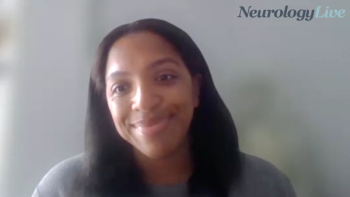
The associate vice president of strategy and innovation at the National MS Society highlighted the measurable benefits of health and wellness coaching for individuals with multiple sclerosis. [WATCH TIME: 5 minutes]

The director of the John A. Schafer, MD Multiple Sclerosis Achievement Center at Dignity Health discussed the effect of loneliness and social isolation on individuals living with multiple sclerosis.
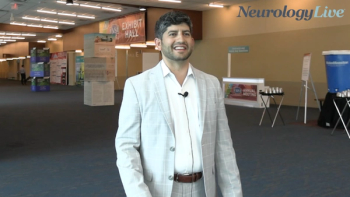
The assistant professor of neurology at the Medical College of Wisconsin talked about the complexities of advanced multiple sclerosis, highlighting gaps in clinical trials and the need for individualized care strategies. [WATCH TIME: 3 minutes]